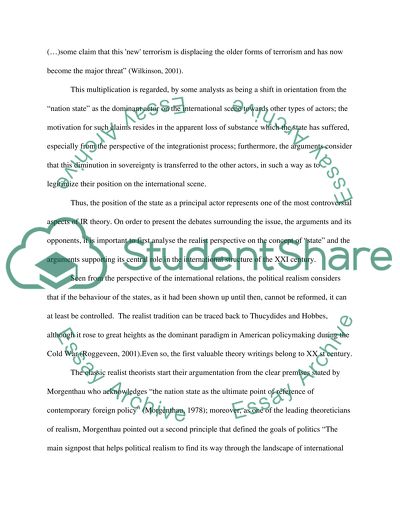International relations in theory and practice Essay. Retrieved from https://studentshare.org/miscellaneous/1532710-international-relations-in-theory-and-practice
International Relations in Theory and Practice Essay. https://studentshare.org/miscellaneous/1532710-international-relations-in-theory-and-practice.


